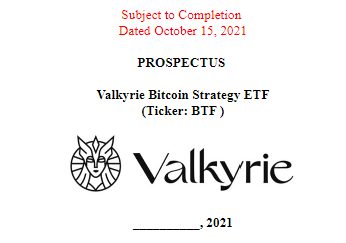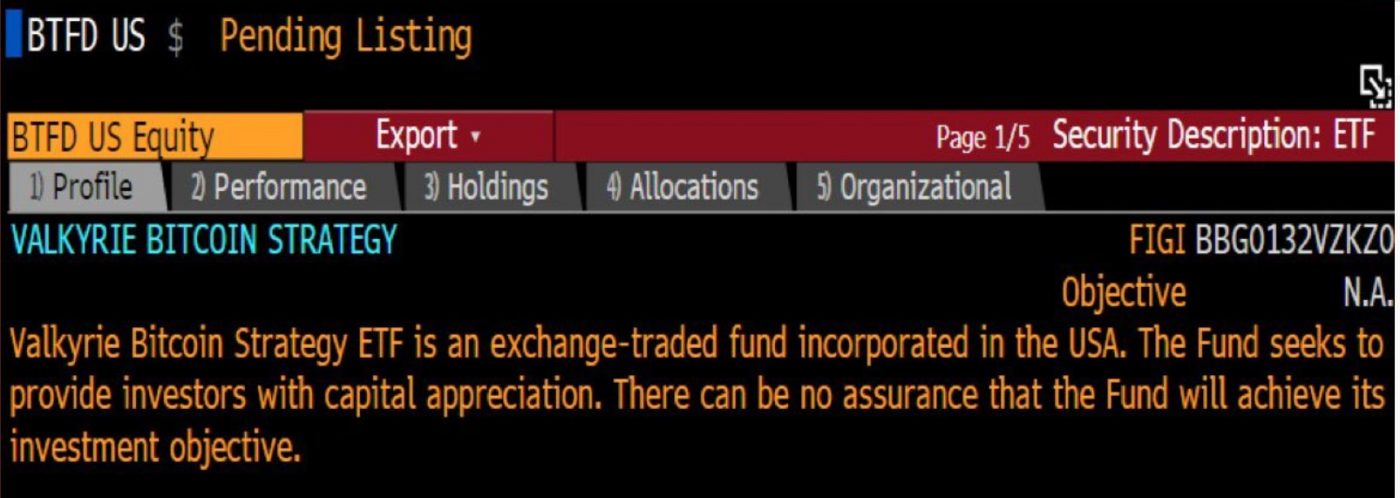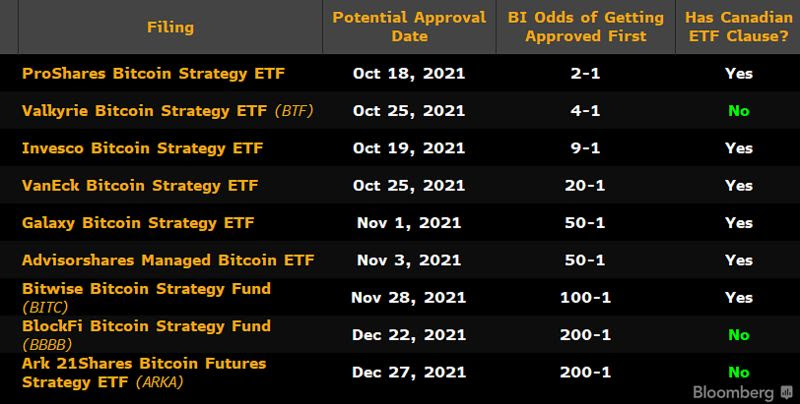Historical increases in the price of the leading cryptocurrency, bitcoin (BTC), had caused many investors and traders to regret not getting in earlier. However, billionaire PayPal co-founder Peter Thiel says he’s dissatisfied with his current holding and wishes he had invested more in the US$1.2 trillion crypto asset.
‘I Underinvested’, Admits Rueful PayPal Co-Founder
Speaking at a conference hosted by policy think tank Lincoln Network in Miami, US, Thiel admitted that he felt like he’d underinvested in BTC, regretting his reluctance to invest in “the secret that was already known by everybody”.
On Twitter, ShapeShift founder Erik Voorhees recalled his early unheeded attempts to get Thiel invested in bitcoin when its price was US$300 in 2015.
Thiel is not alone in this. In June, Marc Lasry, a popular US hedge fund manager and co-owner of the NBA’s Milwaukee Bucks basketball team, also regretted not holding more bitcoin in his portfolio.
Bitcoin is Hope
With bitcoin hitting a new all-time high, Thiel still recommends going long on the asset as the price can possibly go higher. “I think the answers are still to go long. Maybe it still is enough of a secret.”
On October 21, bitcoin reached an ATH of US$67,000, raising 100 percent of all the addresses in the state of profit. Thiel opined that increases in BTC’s market value would be a concern for many central banks. It “surely tells us that we are at a complete bankruptcy moment for the central banks”, he said.
At a separate event, an October 18 conference hosted by the Stanford Law School chapter of the Federalist Society, Thiel argued that bitcoin reaching US$60,000 “is an extremely hopeful sign” and flagged a fundamental weakness in the US political system.
[Bitcoin is] the canary in the coal mine. It’s the most honest market we have in the country, and it’s telling us that this decrepit … regime is just about to blow up.
Peter Thiel, co-founder, PayPal














